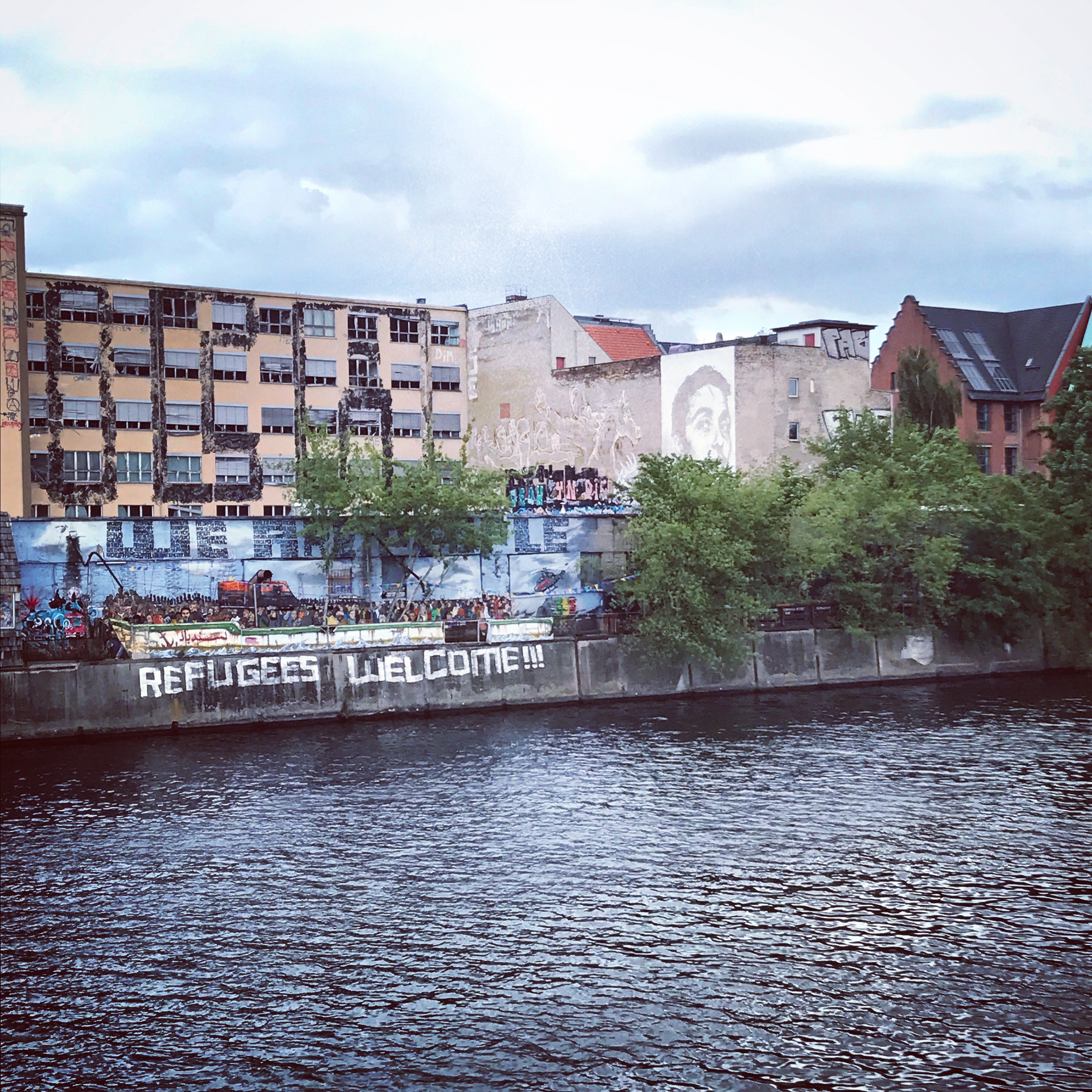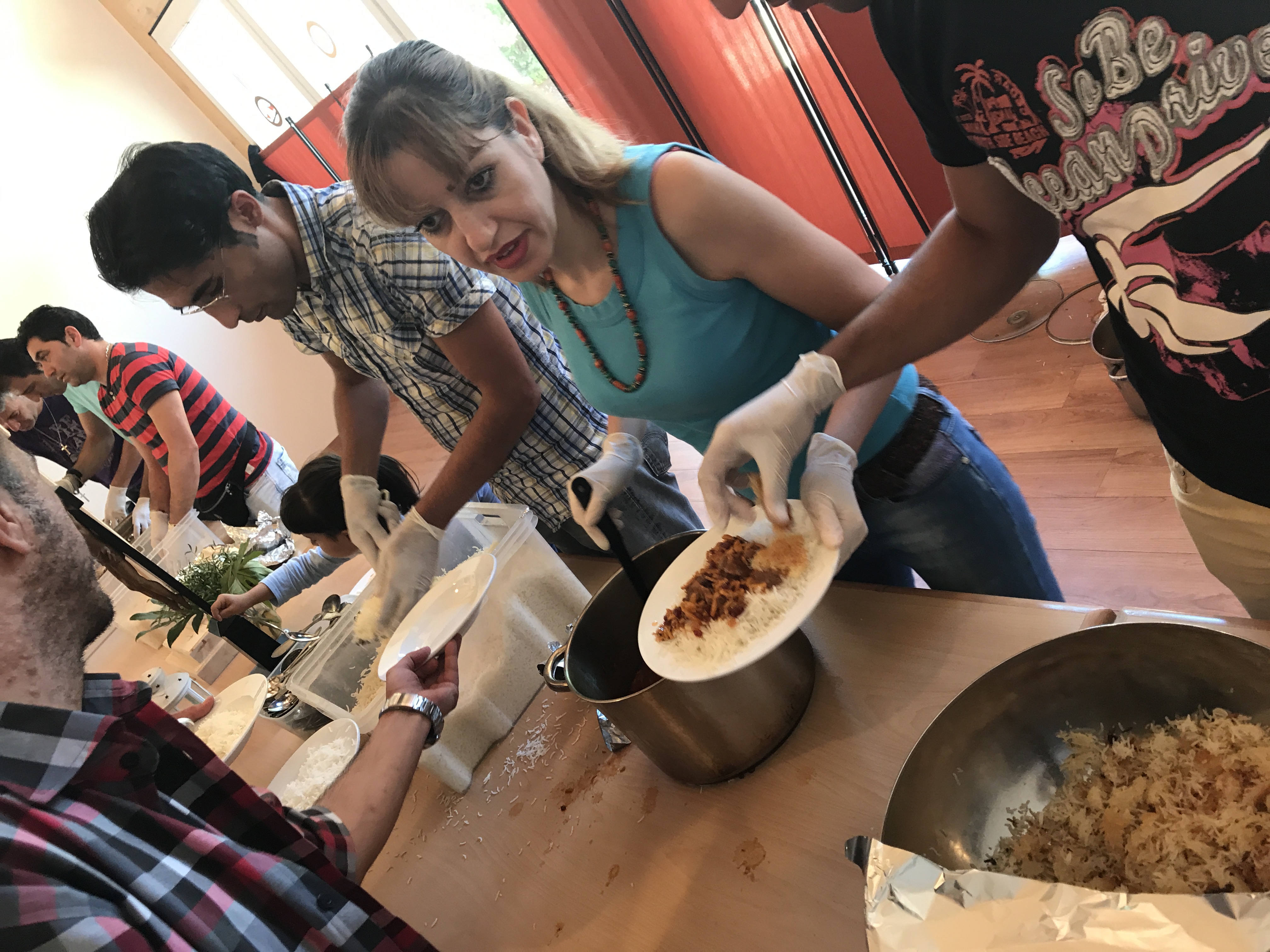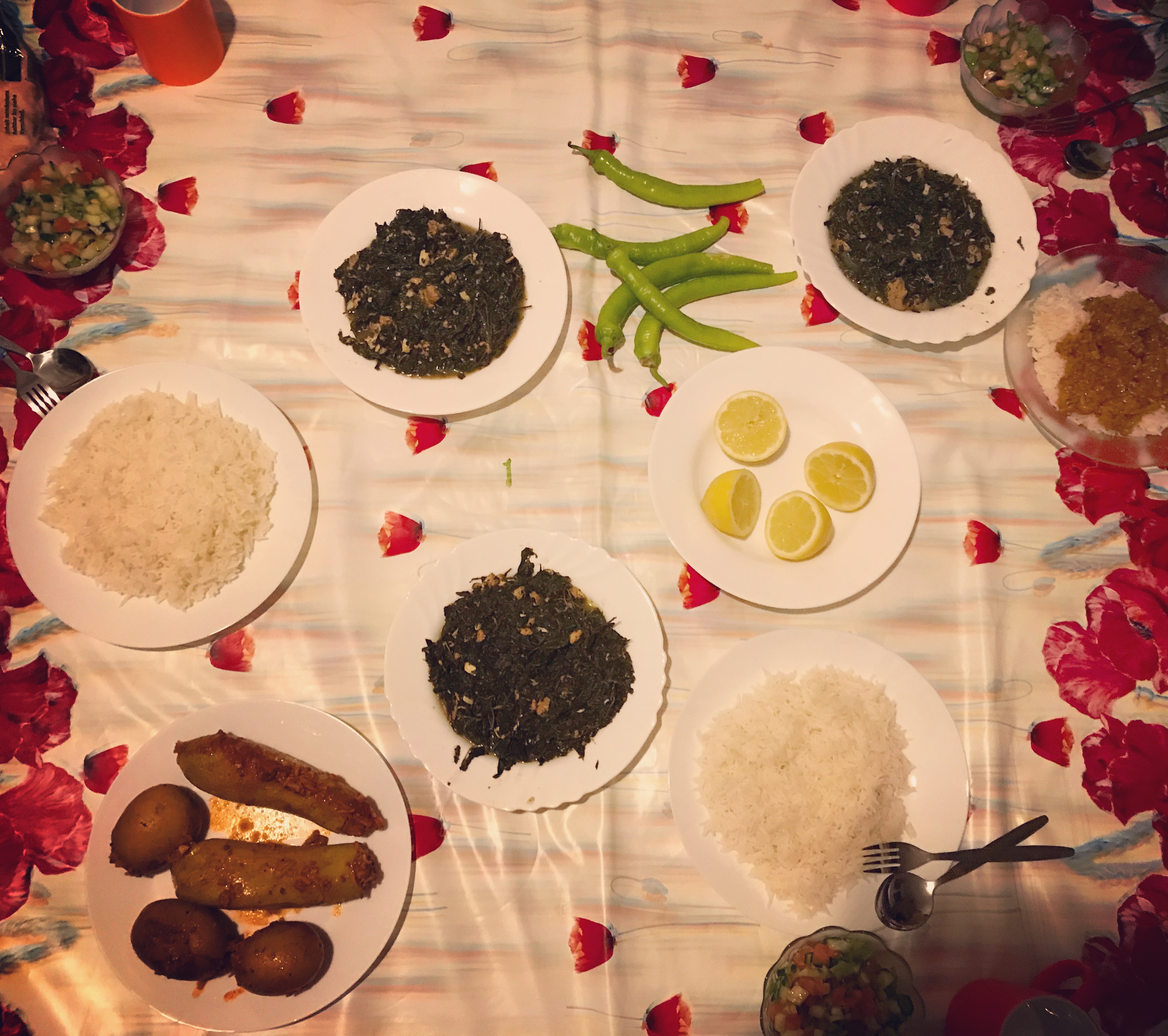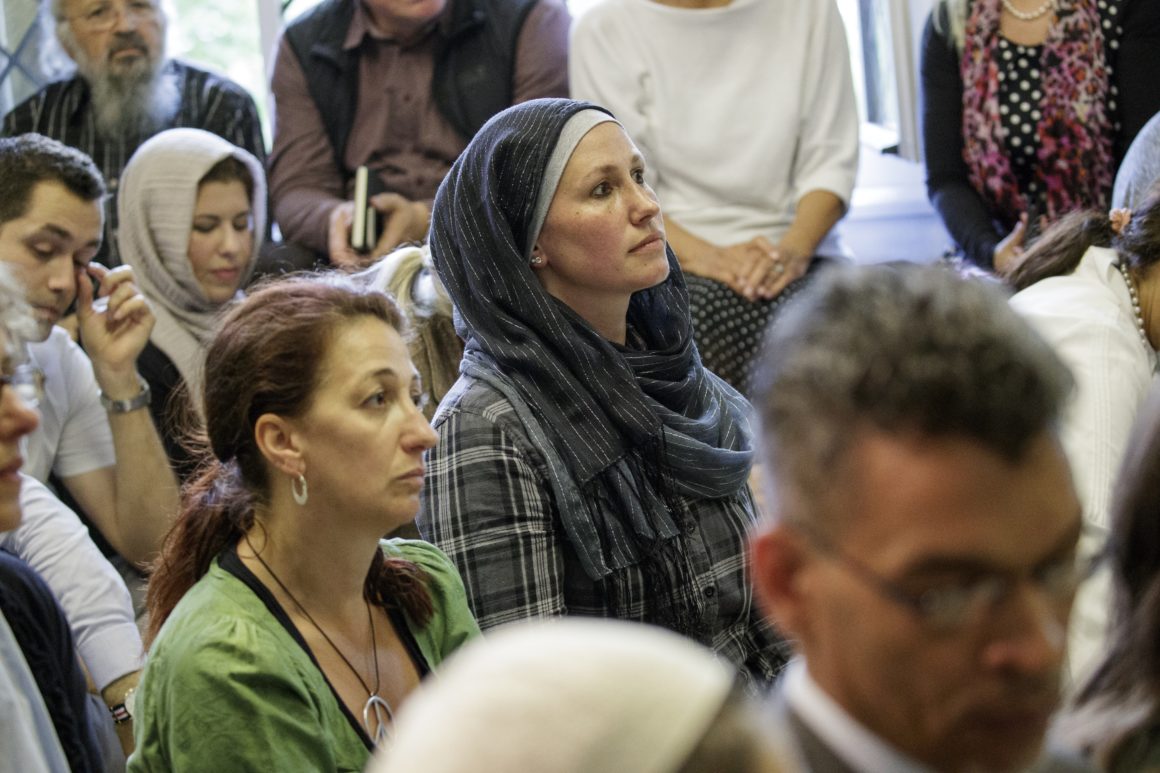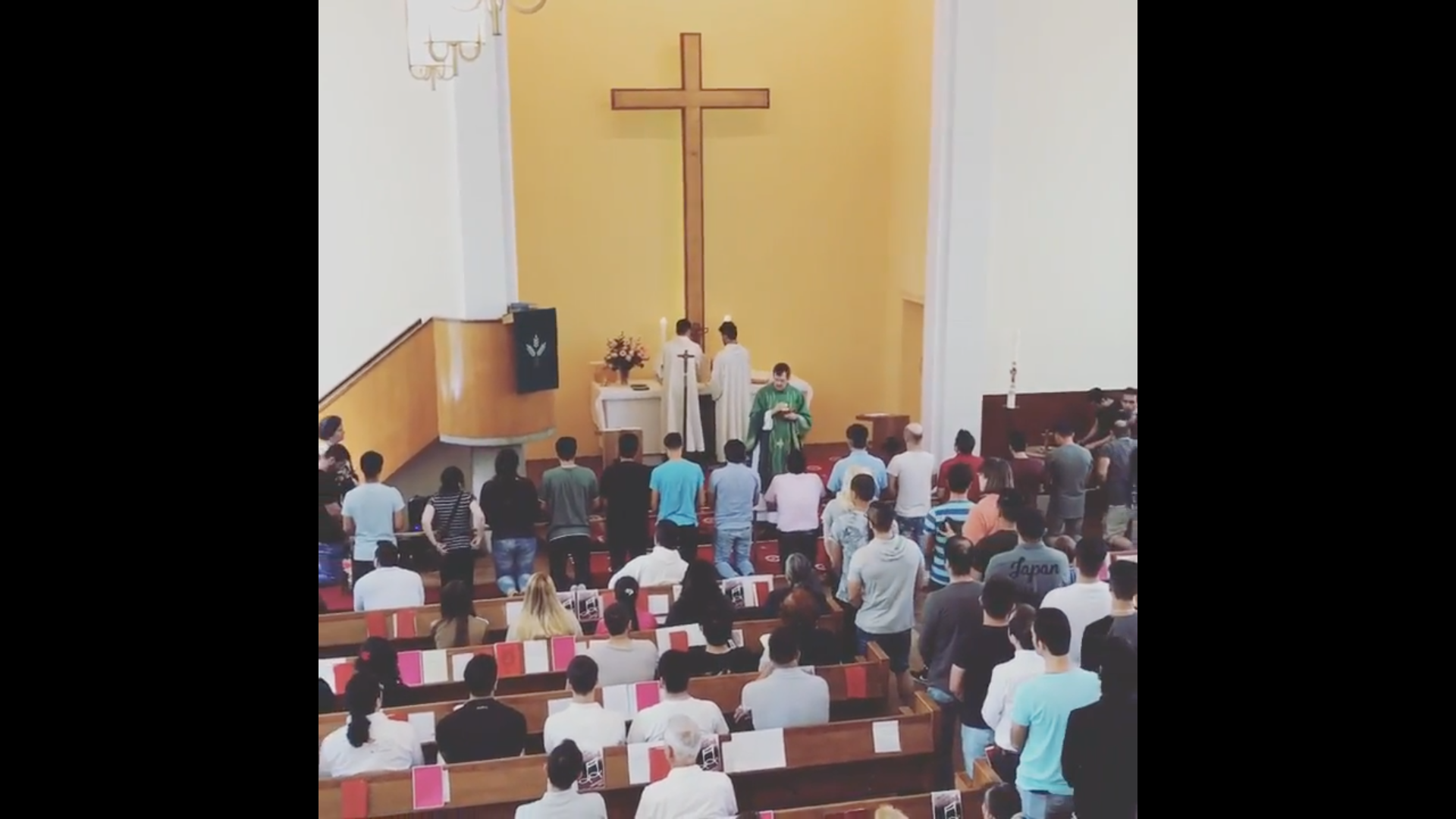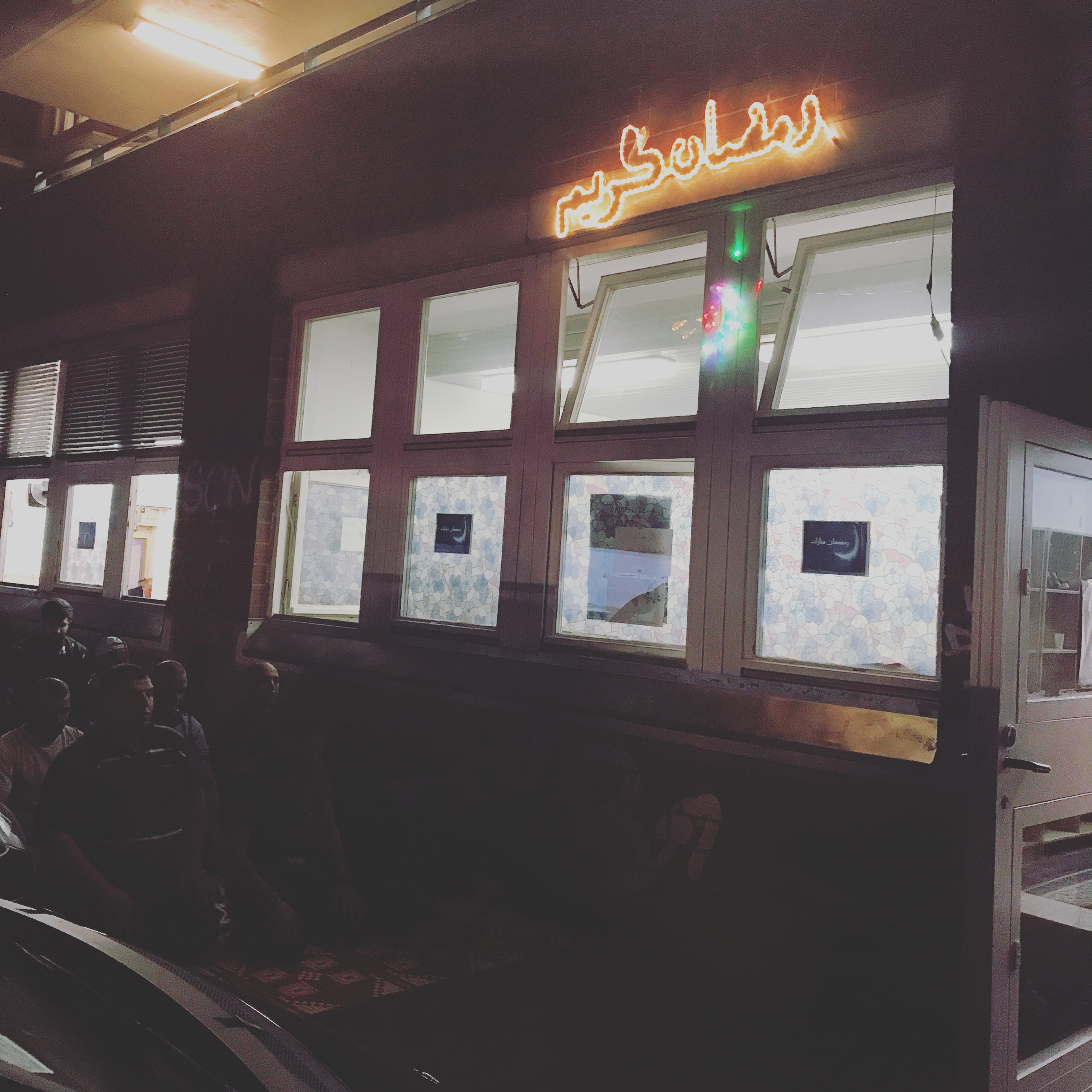
Amid an ongoing refugee crisis caused by worsening conflicts in the Middle East, Central Asia and Africa, Germany has accepted more than a million asylum seekers in the last two years, more than any other European country. Many come from Muslim-majority countries, entering a Western society with not only a significantly different mainstream culture, but also its own preexisting Muslim, Christian and other religious communities.
What role are the church, mosque and other religious institutions playing in the integration of newly arrived refugees? How is the influx of resettled Syrians influencing local mosques? How are Iraqi Christians of Chaldean and Assyrian background interacting with German Catholics and Evangelicals? Is the preexisting Muslim community in Germany, with its primarily diaspora and immigrant background, more conservative than the newcomers fleeing from fundamentalist and extremist interpretations of Islam? Do refugees see faith communities as a source of support or cause of alienation? Where do converts go, especially those who may face double stigmatization from mainstream German and refugee communities?
As ethnic nationalism and populism drive debates in Germany and across the world on migration and refugees, journalist Alice Su meets policymakers, asylum seekers, longtime members of religious communities and their newly arrived neighbors to understand what role faith plays in refugee integration, or lack thereof.

